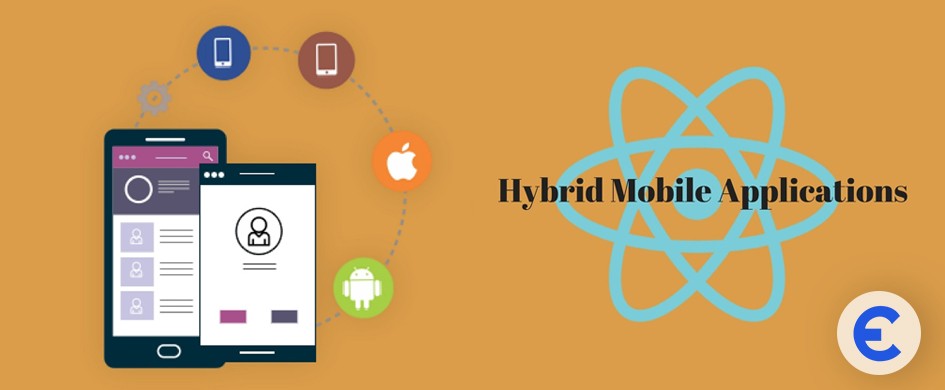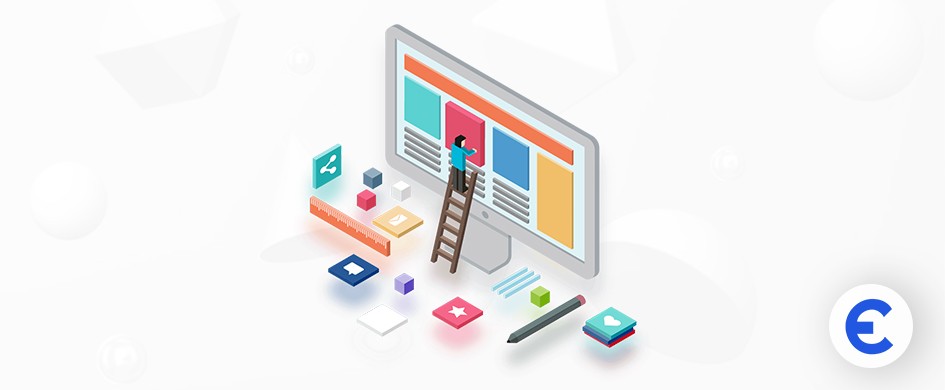In the rapidly evolving digital landscape, blockchain technology has emerged as a beacon of security and efficiency, revolutionizing how transactions are conducted and how data is managed. Despite its robustness, blockchain faces challenges in scalability, speed, and security threats that are increasingly sophisticated. Enter artificial intelligence (AI), a dynamic force capable of propelling blockchain technology to new heights by addressing these challenges head-on. This article delves into the synergistic potential of AI in enhancing blockchain security and efficiency, presenting a future where technology operates more securely and seamlessly than ever before.
Introduction
Blockchain technology, known for its decentralized nature and cryptographic security, underpins cryptocurrencies and extends its utility to various sectors, including finance, healthcare, and supply chain management. However, as the adoption of blockchain grows, so do the challenges related to its scalability, efficiency, and vulnerability to sophisticated cyber threats. AI, with its ability to learn, analyze, and make decisions, offers promising solutions to these challenges, heralding a new era of enhanced blockchain capabilities.
AI-Driven Security Enhancements
The integration of Artificial Intelligence into blockchain introduces advanced security measures that can preemptively identify and neutralize threats, ensuring data integrity and system reliability. Predictive analytics, powered by AI, play a crucial role in identifying potential security breaches before they occur, by analyzing patterns and anomalies that suggest malicious activities. Furthermore, AI's capability for real-time security monitoring provides an additional layer of protection, enabling continuous surveillance and instant response to security threats, thereby fortifying the blockchain against cyber-attacks.
Efficiency Improvements with AI
AI's impact on blockchain goes beyond security enhancements to include significant efficiency improvements. The automation of smart contracts, enabled by AI, streamlines the execution of agreements without human intervention, reducing delays and errors. Additionally, AI contributes to optimizing blockchain scalability, ensuring the technology can handle increasing transaction volumes without compromising speed or security. This is achieved through intelligent algorithms that manage blockchain's resource allocation, data processing, and network optimization.
Case Studies
The practical applications of AI in enhancing blockchain are numerous and varied. For example, in the financial sector, AI-driven blockchain platforms have been developed to detect and prevent fraud in real-time, significantly reducing financial losses and increasing trust among users. In supply chain management, AI-enhanced blockchain systems provide transparent and efficient tracking of goods, from production to delivery, minimizing the risk of counterfeiting and loss.
Challenges and Solutions
Integrating AI with blockchain is not without its complexities. Challenges include the high computational power required for AI algorithms, the need for quality data to train AI models, and ensuring the privacy and security of AI processes on the blockchain. Solutions to these challenges are evolving, with advancements in AI efficiency, innovative approaches to data privacy, and the development of more robust AI models that can operate effectively within blockchain's constraints.
Conclusion
The future of AI in enhancing blockchain security and efficiency is not just promising; it is already unfolding. As AI technologies continue to evolve and integrate more seamlessly with blockchain, the potential for secure, efficient, and transparent systems becomes increasingly tangible. This synergy not only addresses the current limitations of blockchain technology but also opens up new avenues for innovation, making the future of blockchain more dynamic, secure, and efficient than ever before.



